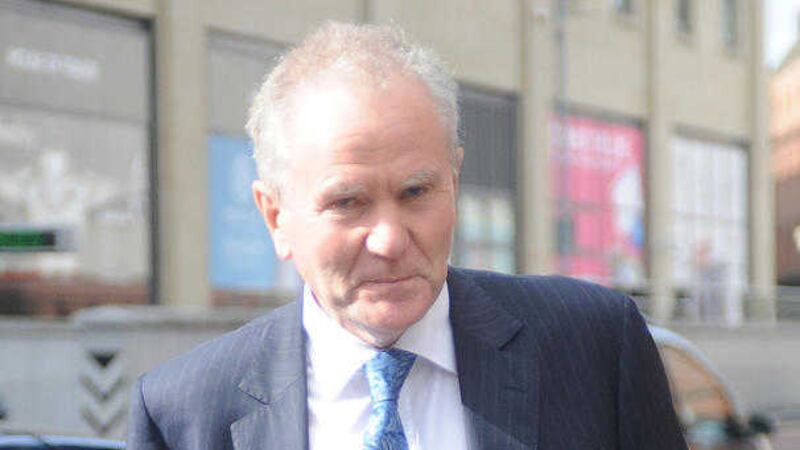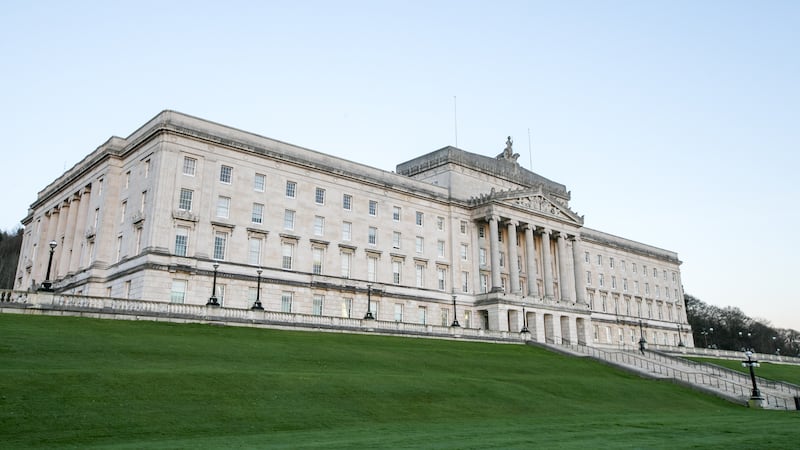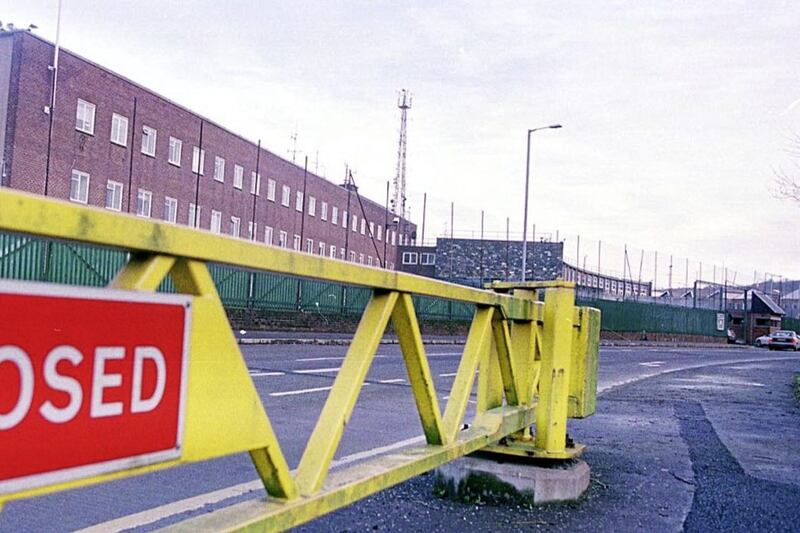An absence of political agreement has left bereaved families seeking the truth with only limited options, victims' lawyers have claimed.
Fresh inquests have been seen as the one remaining avenue open to victims seeking truth recovery.
However, a shortage of coroners in Northern Ireland has resulted in a backlog of 56 historical inquests.
More than 30 of the cases have been ordered by Attorney General John Larkin because of new evidence and all have suffered lengthy delays.
The shortage of coroners is just one of the hurdles preventing inquests from progressing, with delays in disclosure of information by both the PSNI and Ministry of Defence also responsible.
The 'fresh start' political deal failed to reach an agreement on dealing with the past after the British government inserted a caveat stating that evidence and state documents could be withheld from investigators for 'national security' reasons.
Andree Murphy of Relatives for Justice said: "Inquests are the only forum that allow families to be represented, documents disclosed and witnesses cross examined.
"In the absence of an agreement on a comprehensive process and the implementation of the Stormont House Agreement RFJ are calling for resources to be made immediately available to both the Police Ombudsman's office and the Coronial Process.
"Currently these are the only Article 2 compliant processes available to families", she added.
Northern Ireland had three full-time coroners, but the most senior and experienced of the trio, John Leckey, has now retired.
A recruitment campaign to appoint a successor to Mr Leckey is underway.
Full-time coroner Jim Kitson is on long term sick leave. Coroner Suzanne Anderson returned to full-time duties in November after a period of leave.
Brian Sherrard, former secretary to the Lord Chief Justice, has been appointed to cover the inquests until a full-time replacement can be found.
A High Court judge has also recently been assigned to deal with the death of IRA man Pearse Jordan following a Court of Appeal judgment.
Last year the court awarded compensation to the relatives of six men including the Jordan family because of unacceptable delays by both the PSNI and Department of Justice in relation to fresh inquests.
The Lord Chief Justice became 'President of the Coroners' Courts' on November 1 - following the retirement of the senior coroner - which brought it into line with the arrangements for other courts in Northern Ireland.
Patricia Coyle of HCC Lawyers, who is representing families in several historical inquests including the family of Thomas Burns, shot dead by soldiers in Ardoyne in north Belfast in 1972, said the delays are causing further distress to families.
"If the state is alleged to have shot dead innocent unarmed civilians it should at the very least, in applying the rule of law, guarantee the next of kin an appropriate investigative mechanism into how their loved one was killed," she said.
"We would cautiously welcome the fact that the LCJ over the inquests because of historic delays but the issue of disclosure by state agencies namely the MoD and PSNI remains critical.
"The failure by state agencies to provide disclosure in a timely fashion is frustrating and one might be concerned that it could be seen as deliberate."








